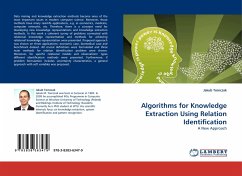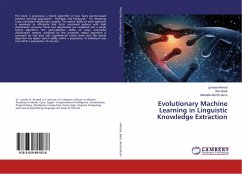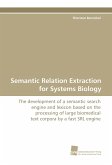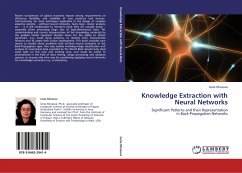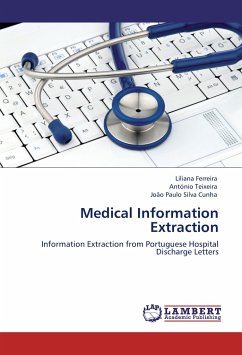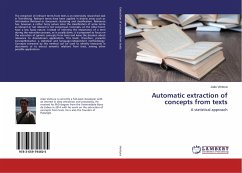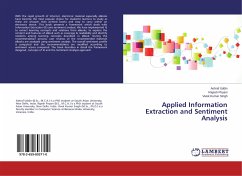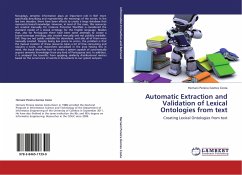Data mining and knowledge extraction methods become ones of the most important issues in modern computer science. Moreover, those methods have many real-life applications, e.g. in economics, medicine, computer networks, etc. Therefore, there is a constant need for developing new knowledge representations and knowledge extraction methods. In this work a coherent survey of problems connected with relational knowledge representation and methods for achieving relational knowledge representation were presented. Proposed approach was shown on three applications: economic case, biomedical case and benchmark dataset. All crucial definitions were formulated and three main methods for relation identification problem were shown. Moreover, for specific relational models and observations types different identification methods were presented. Furthermore, if problem formulation includes uncertainty characteristics, a general approach with soft variables was proposed.
Bitte wählen Sie Ihr Anliegen aus.
Rechnungen
Retourenschein anfordern
Bestellstatus
Storno

